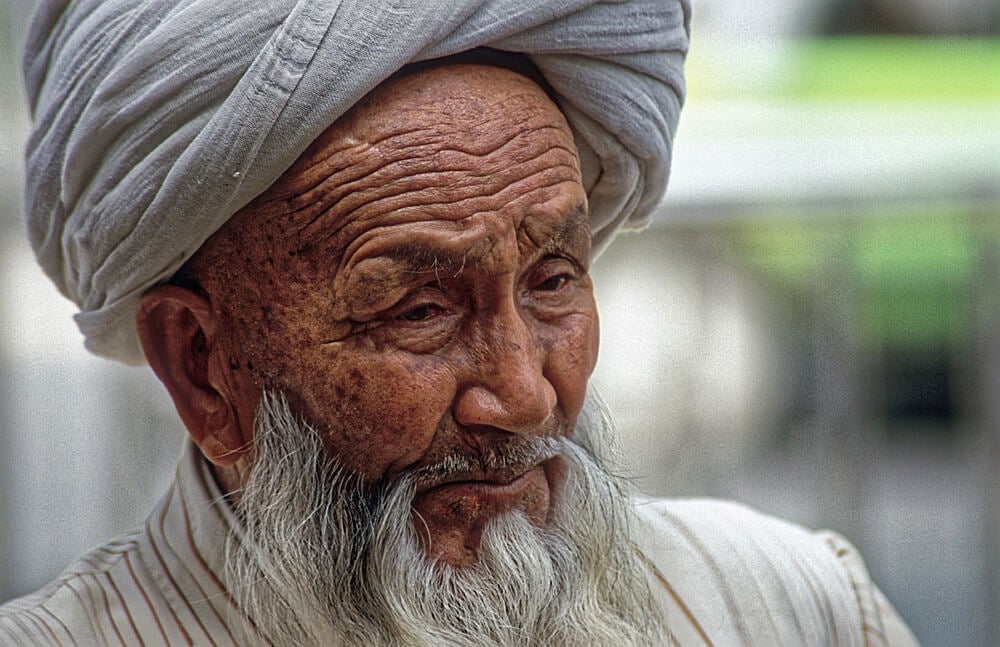Lao-Tsé is a Chinese word meaning “old master. ” It is also the name of a philosopher and thinker who apparently lived in the 6th century BC. He is credited with authoring Taoism’s creative work, the “Tao Te Ching”. o Book of The Way and Virtue. However, everything around you is full of mysteries. In fact, many doubt that it actually existed, but many lao-tse phrases are still shared today.
The truth is that his teachings have crossed China’s borders, whether a man or several, a legend or a myth, it may not matter much, the relevant thing in this figure is the ability to translate teachings that are still valid, even thousands of years later.
“With good words you can negotiate, but to congratulate yourself, good deeds are needed. Lao-tse?
We owe Lao-tzu a legacy of wisdom. His reflection reflects many of the essential principles of Eastern culture. It is a call to prudence, simplicity and serenity. It represents an exaltation of intelligence and temperance. Here are five of the most beautiful phrases of Lao-Tseu.
Lao-Tseu has thought a lot about happiness. From his point of view, and many centuries before the advent of the age of consumption, the Eastern philosopher disconnected the happiness of material goods. One of his immortal phrases, in which he speaks of the subject, says, “He who is not happy with little will not be by much. “
This reflection aims to place happiness in a framework where it does not depend on what you have, so having little is not synonymous with misery and having much is not synonymous with being happy, well-being comes through realities that have nothing to do with the property Happiness and unhappiness are in us, not in everything around us.
Many speak of firmness and rigidity as a great virtue, however, this perspective does not correspond to the logic of all that is alive, if there is life, there are changes and if there is a change, adaptations must necessarily occur. planting ourselves as steel, what life demands of us is “flowing like water. “
Lao-Tseu also left us this wonderful reflection on this subject: “In life man is elastic and evolves. At the time of death it is rigid and immutable. Sun-exposed plants are flexible and fibrous, but die dry and cracked. “That’s why elasticity and flexibility are associated with life, stiffness and immutability in the face of death.
Long before the emergence and popularity of humanist doctrines, Lao-Tseu offered a vision of love as power. He emphasizes the profound difference between loving and being loved in one of his phrases: “Being deeply loved gives you strength, while loving someone deeply gives you your courage. “
There is a subtle but important difference between strength and courage, strength can be defined as the physical or subjective ability to do something, courage, in turn, refers to the decision to do so, strength is being able to do that. Courage wants to do. There is an emotional constellation of difference between one concept and the other. While will leads to power, the opposite does not always happen.
The Orientals are very categorical in their rejection of desire; they see it as the source of many sufferings; his philosophy focuses more on the ability to give up what you have to look for what you want; true to this philosophy, Lao-Tsé reflects on this subject:
“He who does not want, is not frustrated. And the one who doesn’t get frustrated is not humiliated. The true sage waits in silence, waits in peace as everything happens. So do we feel peace, harmony, and the world is following its natural course?”.
For Westerners this thought may seem absurd, in our societies ambition is a source of growth and progress, yet today’s reality shows us that desire can be a bottomless abyss, which is never satisfied.
The East is the cradle of martial arts. But, paradoxically, most martial arts have the basic principle of avoiding combat. The greatest wisdom that war brings is precisely the need to try to avoid it. Lao-Tseu says: “The book of the strata says: do not provoke the fight, accept it; Is it better to go back one meter than to advance an inch?.
Lao-tseu’s thoughts and phrases are certainly great gifts of wisdom. Not only do they offer a reference for the arts of “living well,” but they also use the language of poetry to convey their teachings. We have a lot to learn from this ancient character who seems more alive than ever.

